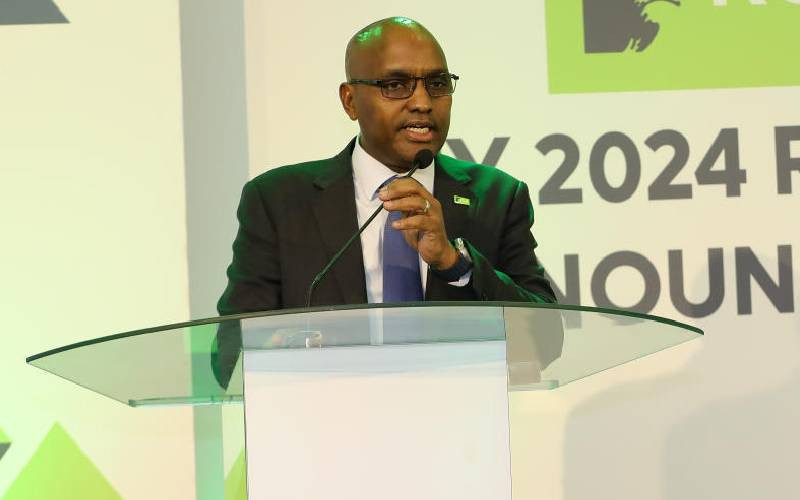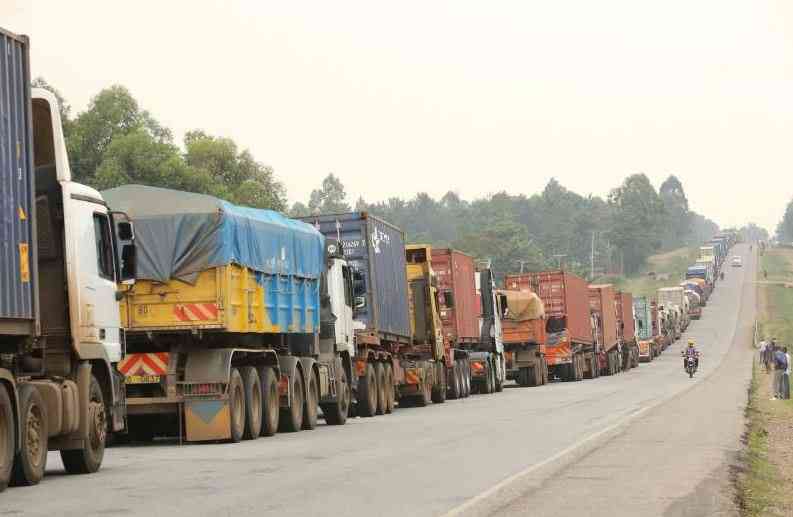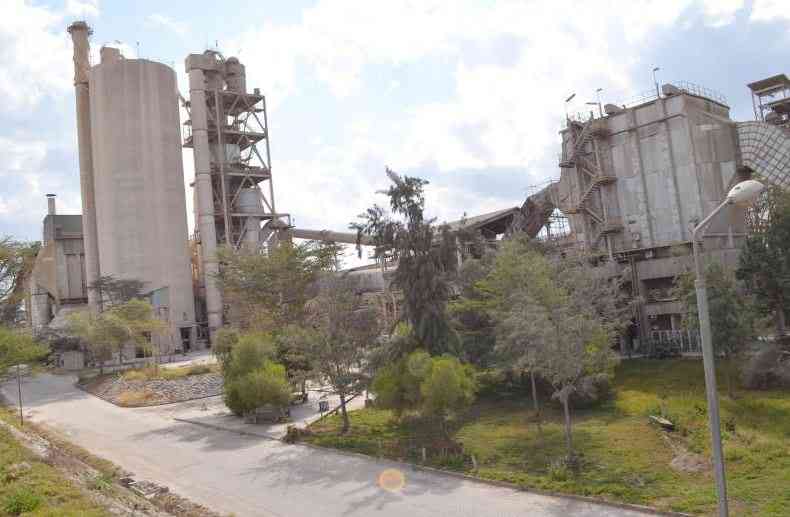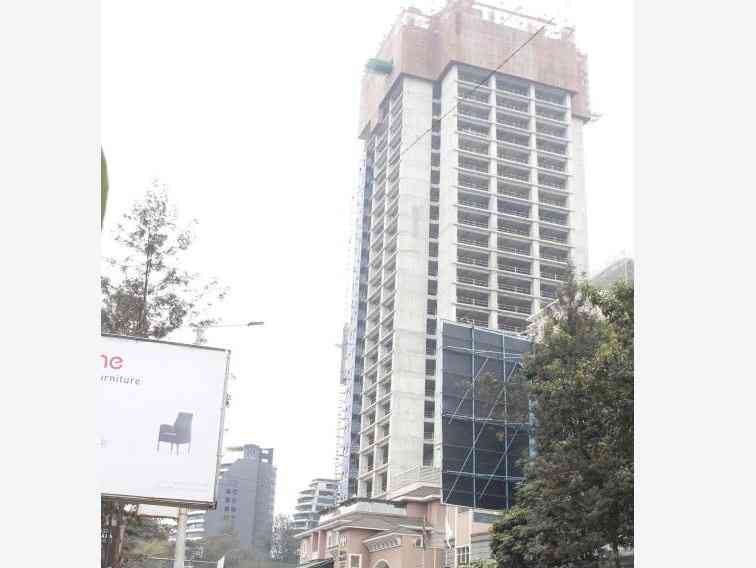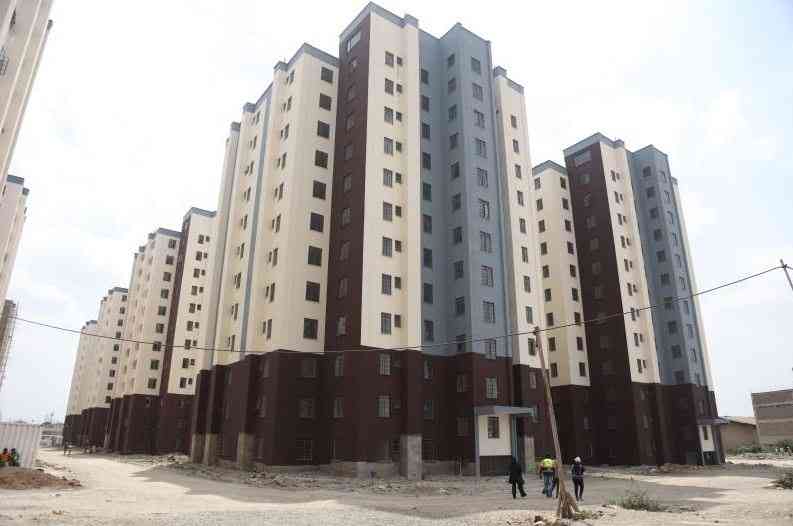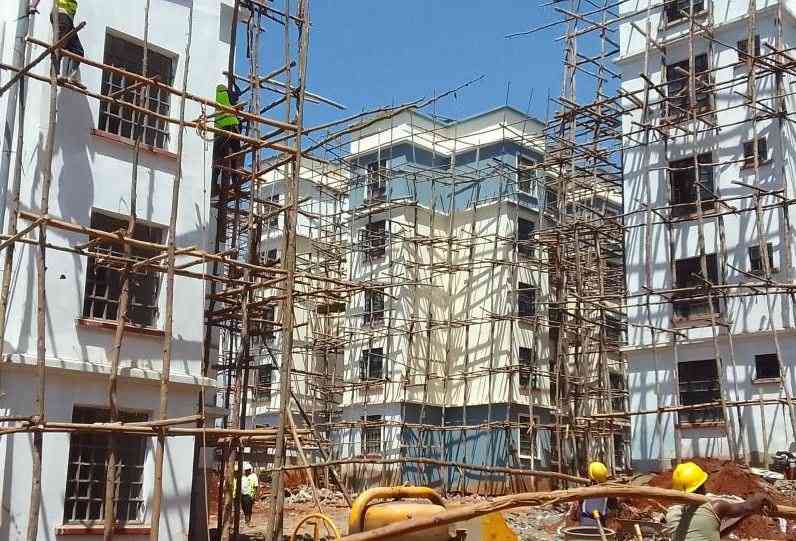
The quest for education and medical costs in Kenya play a key role in poverty enhancement. Education comes a tad too expensive in a country where the poverty rate stands at 39.8 per cent of the population. Simply put, more than 20 million Kenyans live below the poverty line, with 31.7 per cent unable to afford adequate food.
According to the Kenya National Bureau of Statistics 2024 report, people who survive on less than Sh3,947 and Sh7,193 per month in rural and urban areas respectively are deemed to live below the poverty line.
Recently, the government announced a reduction in university fees of between 15 and 40 per cent to enable a majority of students pursue university education. Yet, as welcome as that might be, the reduced fees is still beyond the means of most Kenyans who hunger after an education that, unfortunately, has been engineered to become discriminative.
Hitherto, courses in medicine and dentistry cost Sh600,000 annually while engineering and architecture courses cost Sh396,000, making them the preserve of children from affluent families. Most employed Kenyans earn between Sh10,000 (which is below the minimum wage of Sh15,120) and Sh20,000 monthly. With a slew of things to take care of; power, water and medical bills, food and rent, it is impossible to see one through university education, leave alone study medicine or engineering.
Many parents have sold valuables, from livestock, buildings to land, just to finance the education of their children, but the tragedy is that even when one finally bags that coveted degree, returns on investment are not guaranteed. There are no employment opportunities out there, and graduates often find themselves under pressure to make money to replace what parents sold to pay their fees and to help their siblings acquire education.
The resultant pressure is largely responsible for the exponential rise in mental health issues and the build-up of rage among the youth that seeks escape. It is distressing that after going through an expensive education system, graduates end up taking up jobs that do not require a degree.
Too many have been forced to become boda boda riders, security guards or to work in construction sites just to keep bone and flesh together. Many end up doing menial jobs in the Gulf states, hoping to lift their families out of poverty.
It raises the question; why is it so hard for the government to allocate adequate funds to the education sector to make education affordable? It is not that Kenya is a poor country, no. No less an authority than former President Uhuru Kenyatta, said Kenya loses Sh2 billion to corruption daily.
Auditor General reports have over the years documented loss of billions of shillings from public coffers, yet nobody ever gets caught. Lots of money is lost through fraudulent procurement, the type where a tissue paper costs more than Sh3,600 and non-carcinogenic wheelbarrows that cost Sh100,000 each.
Just a fraction of the lost billions, which only needs political goodwill to recover, can guarantee free education for all up to university. In this regard, Parliament has failed Kenyans.
In fact, parliamentarians are the biggest partakers of corruption through false claims, shady, conflict of interest deals and inability to interrogate Bills in Parliament where, more often than not, they are merely rubber-stamped for onward conveyance.
President William Ruto has too many irons in the fire to be effective. In the remaining two years of his first term, he should shelve much of what he has going and concentrate on two key areas; education and health, both which must be brought within the reach of all Kenyans regardless of their social statuses.
There was palpable relief among Kenyans when Dr Ruto rubbished Treasury CS John Mbadi’s glum pronouncement that free education is no longer tenable, and that the government cannot afford to pay capitation anymore. More sighs of relief greeted the reduction in university fees, which should tell Ruto where the right buttons to make Kenyans amenable to him are.
Cartels have taken over the health sector and turned it into a super highway to indigence for poor Kenyans. One month of sickness, endless medical tests, and a WhatsApp fundraising group becomes the only lifeline.
Stay informed. Subscribe to our newsletter
